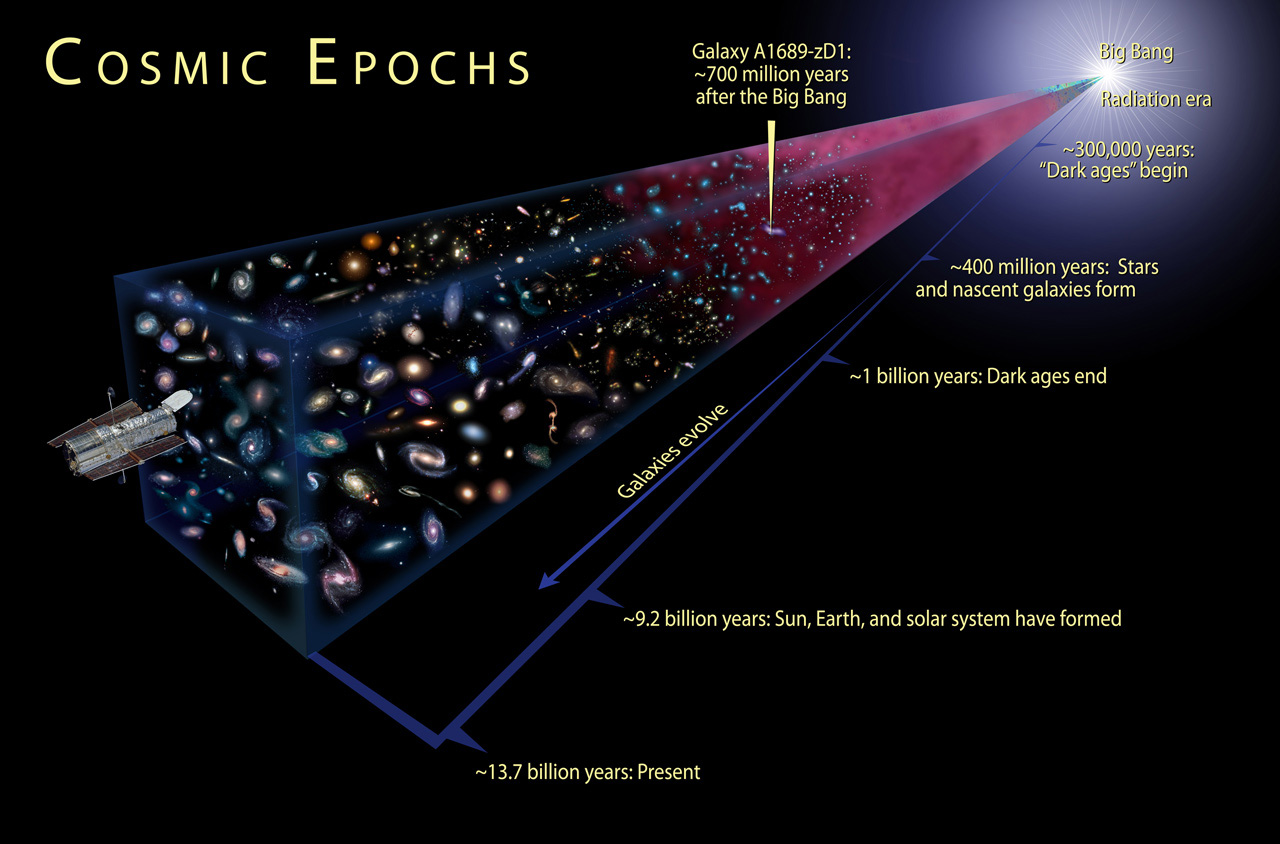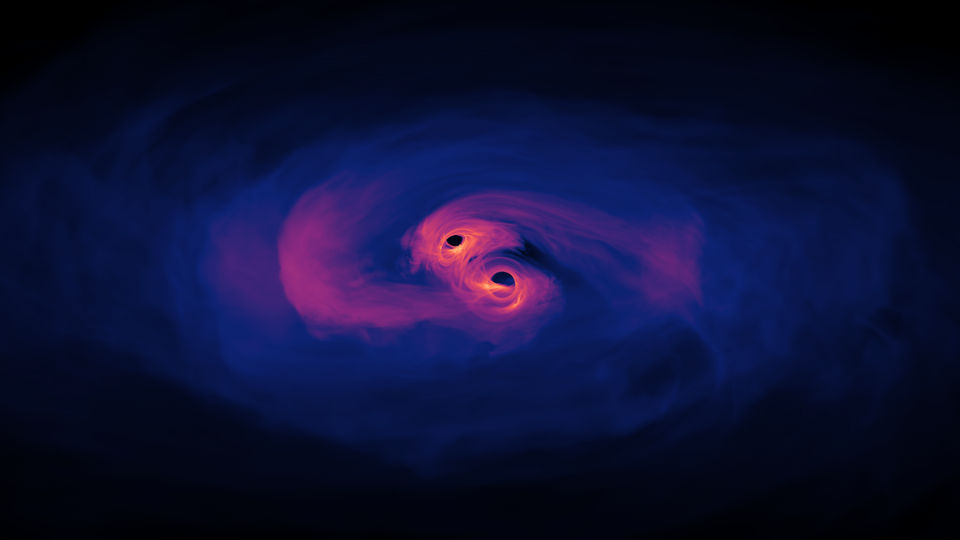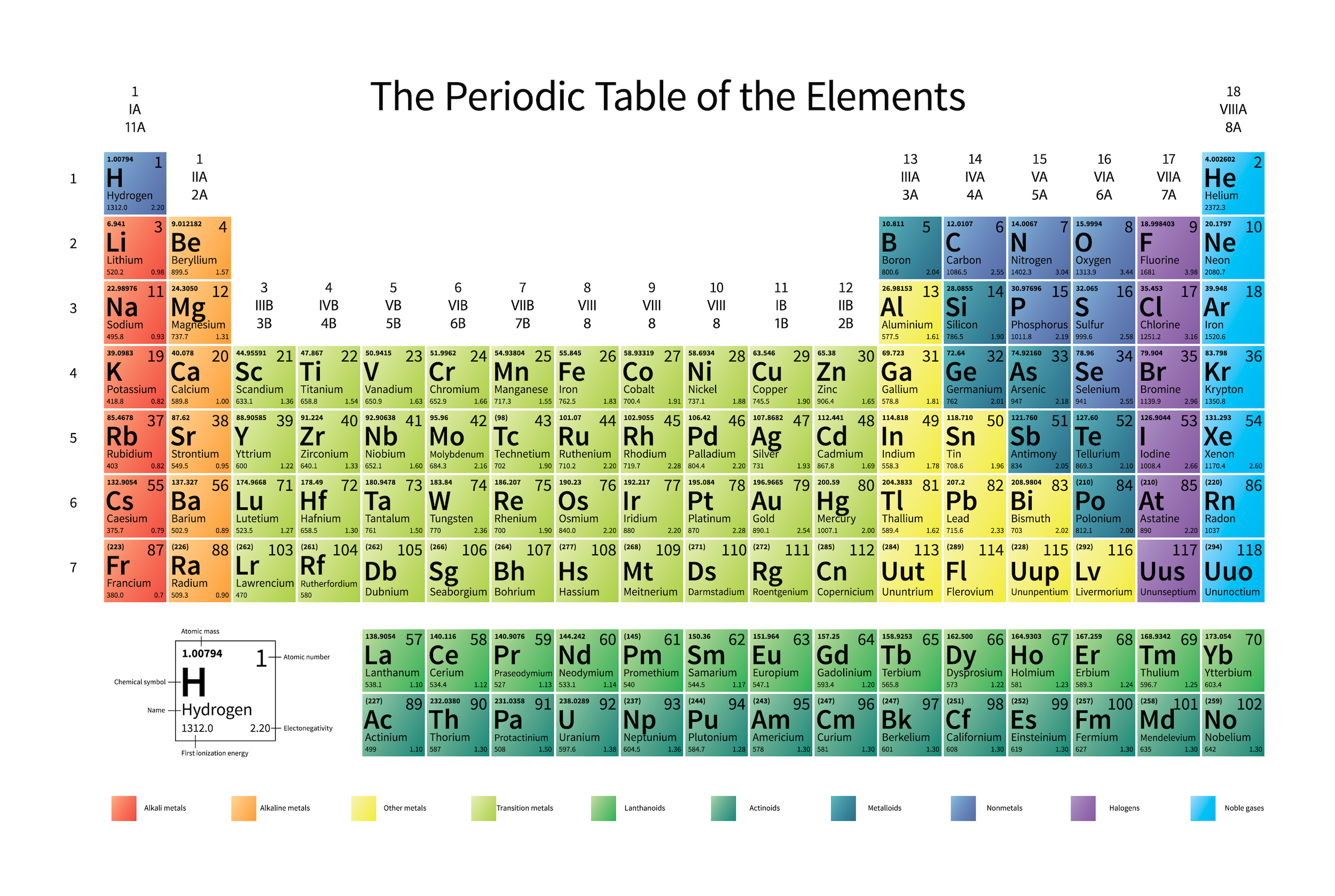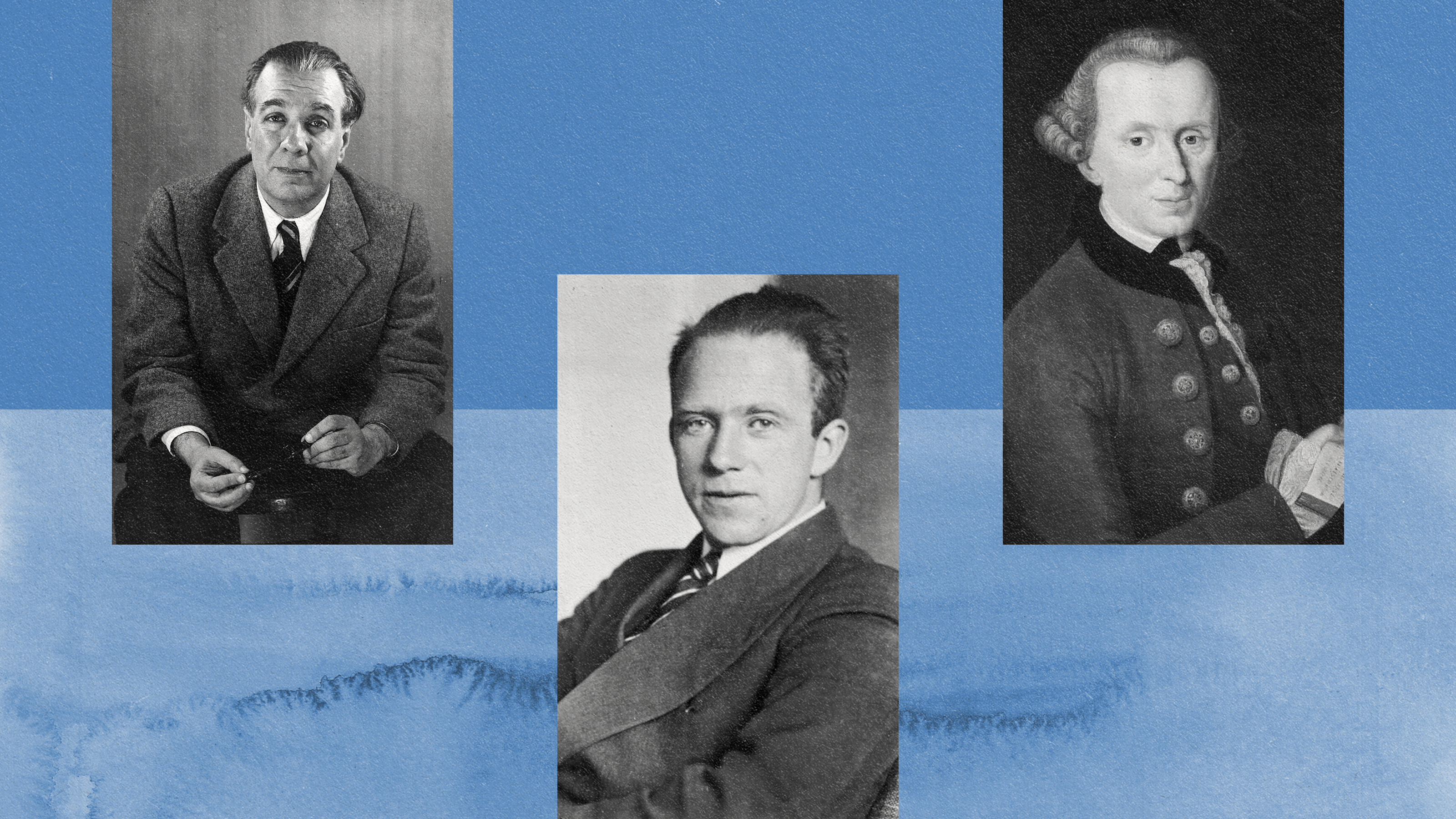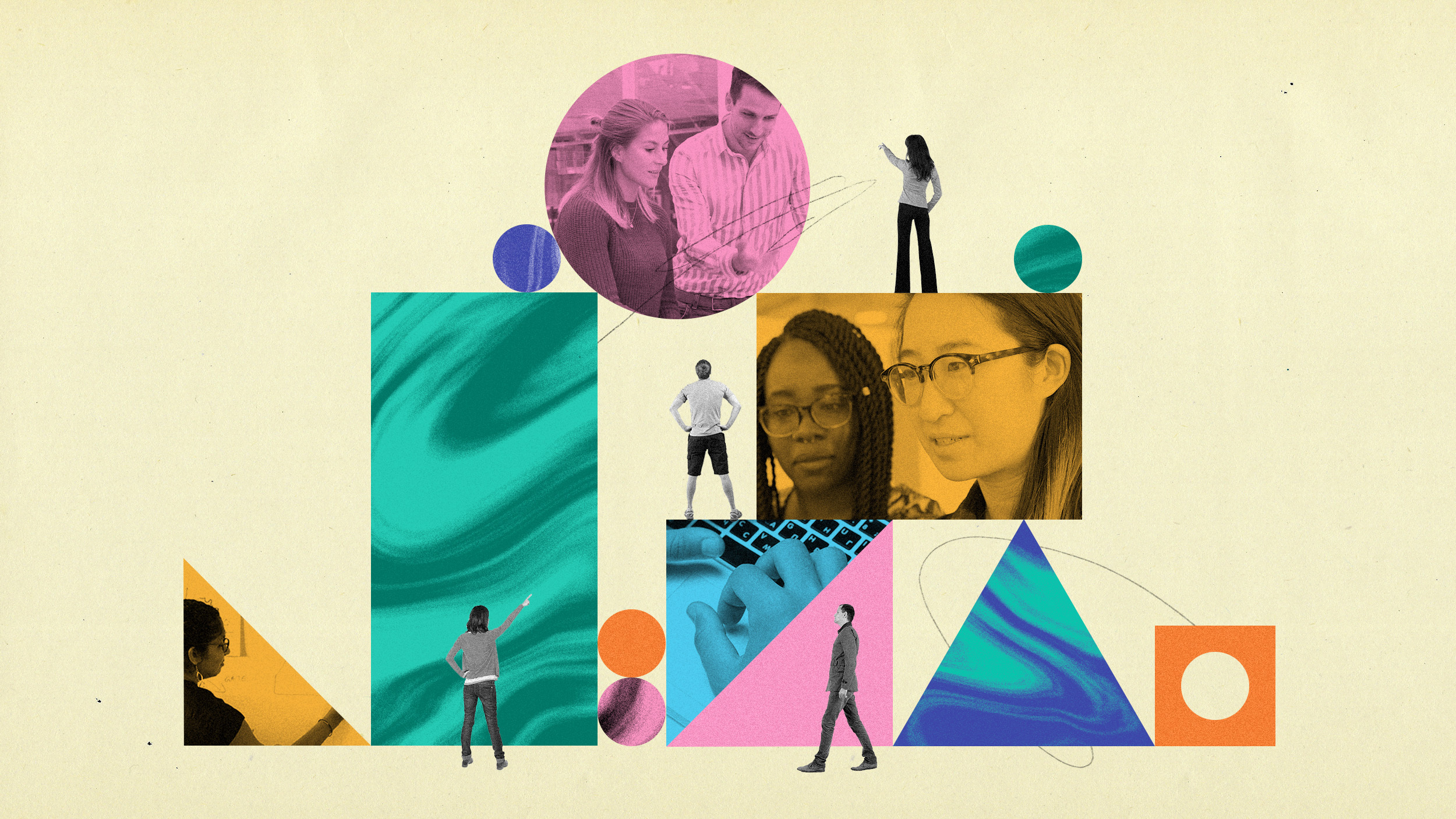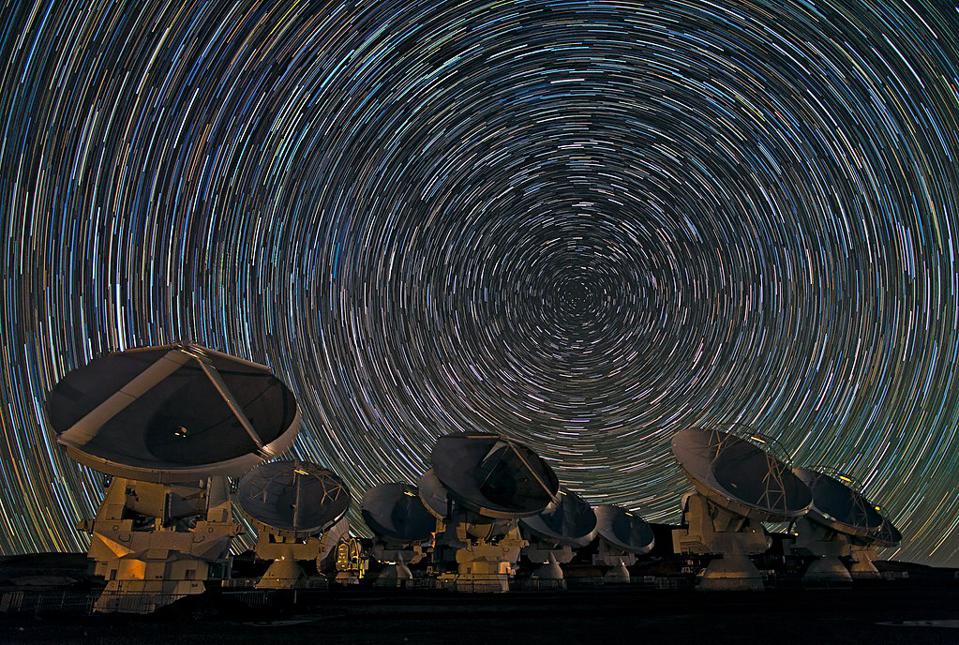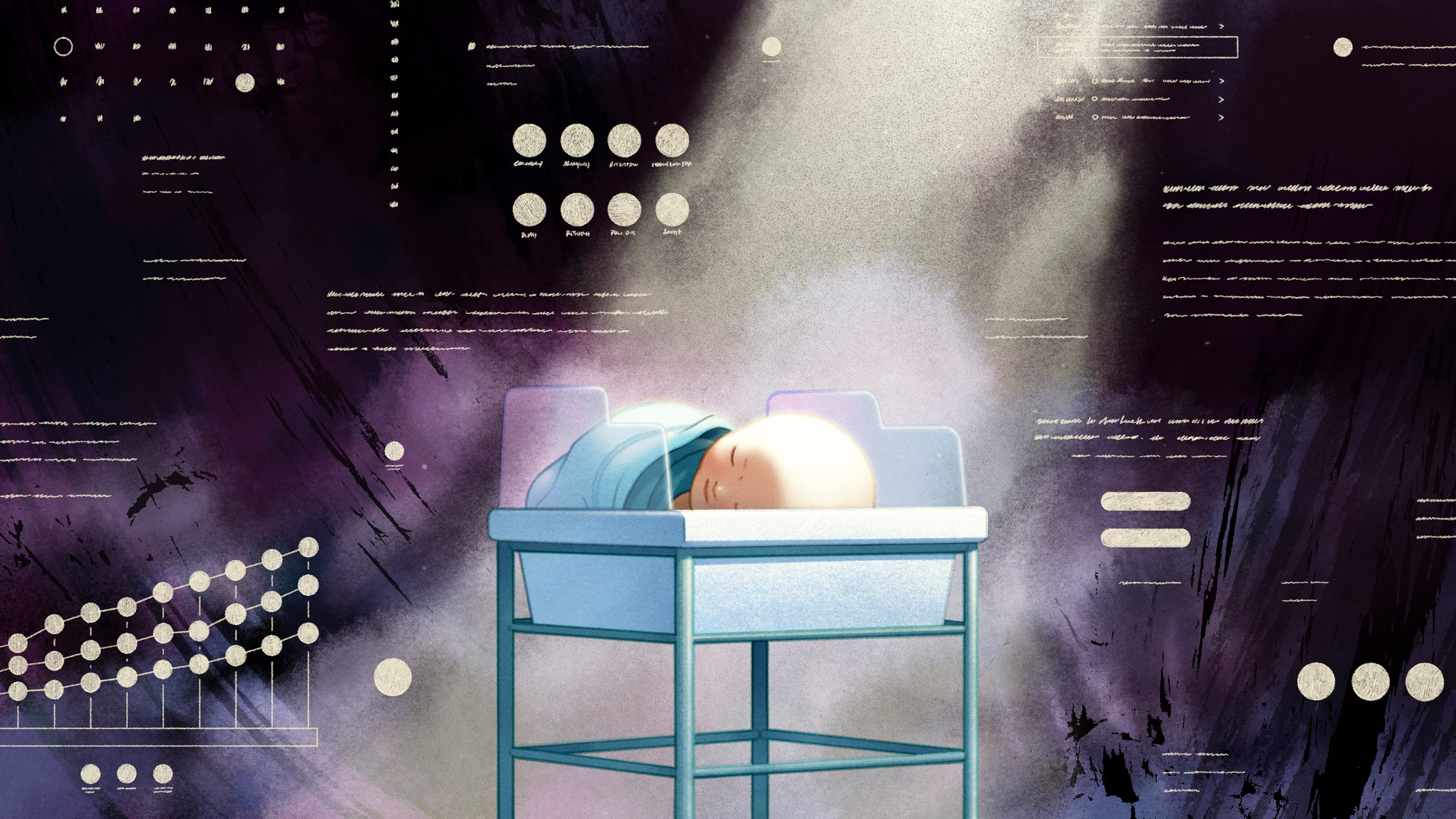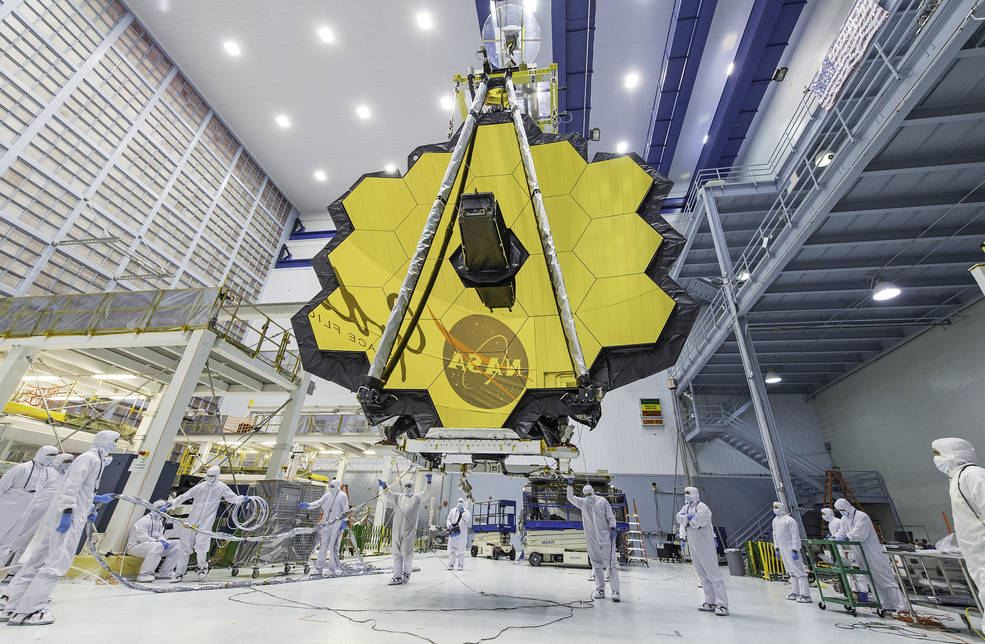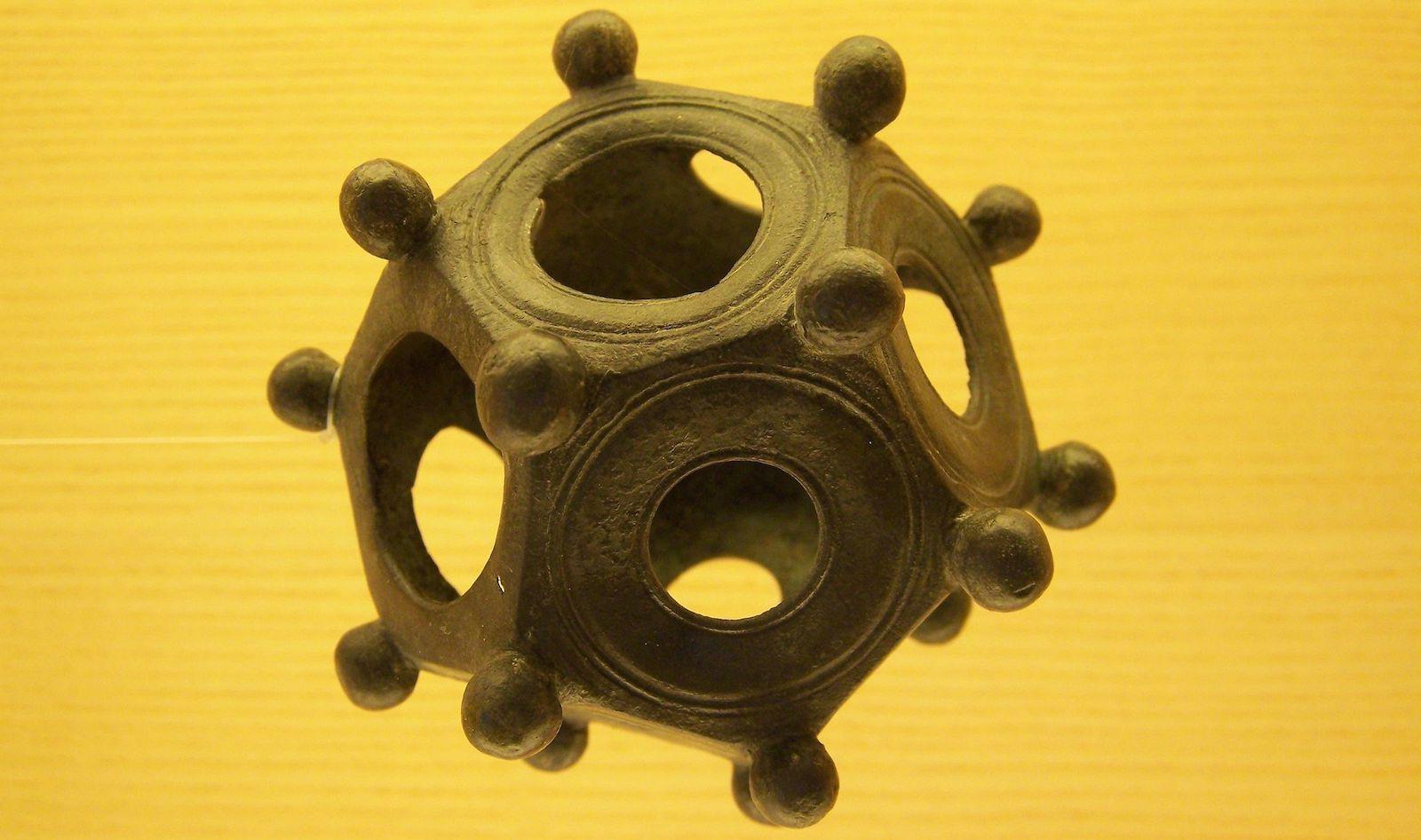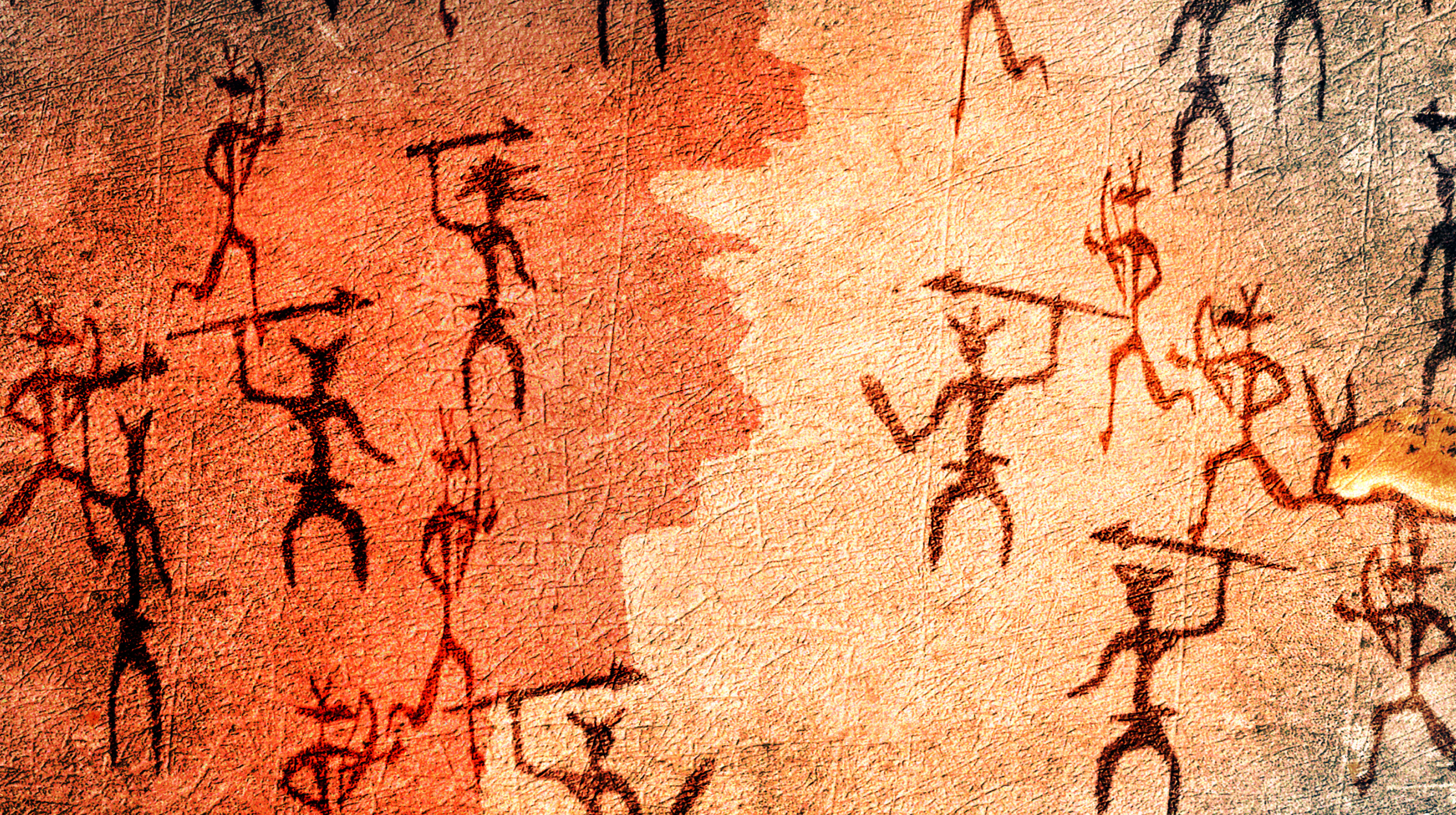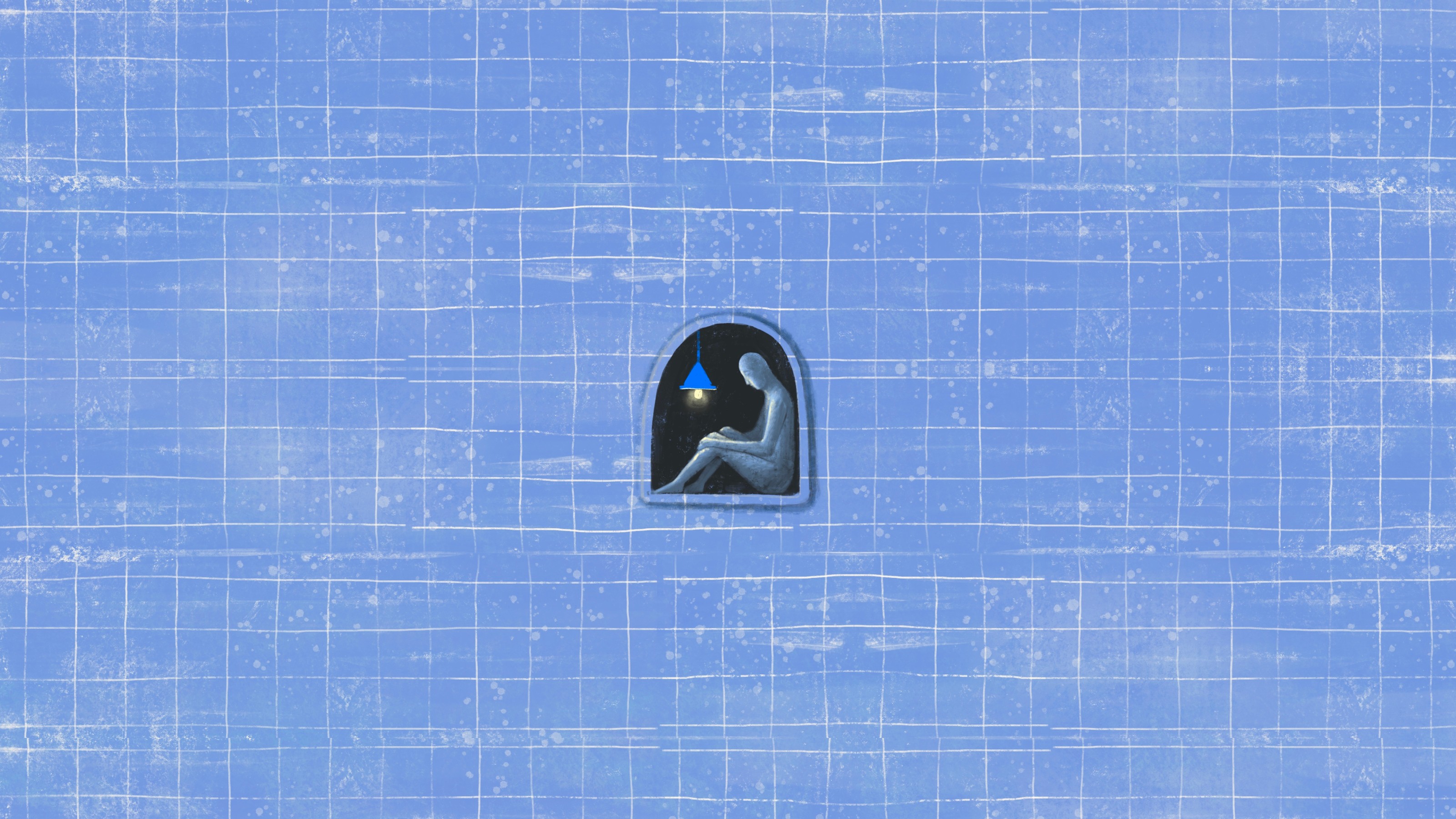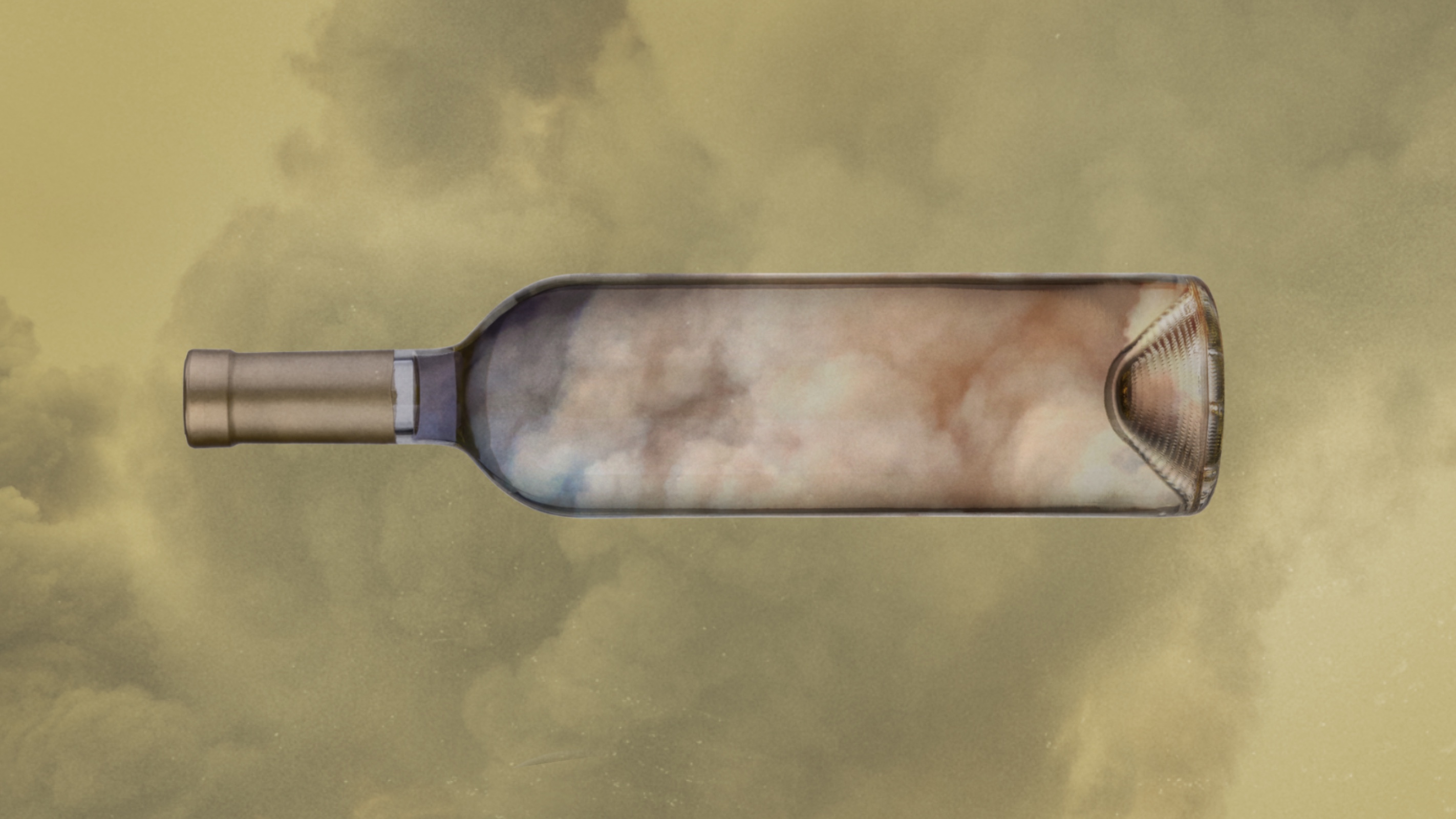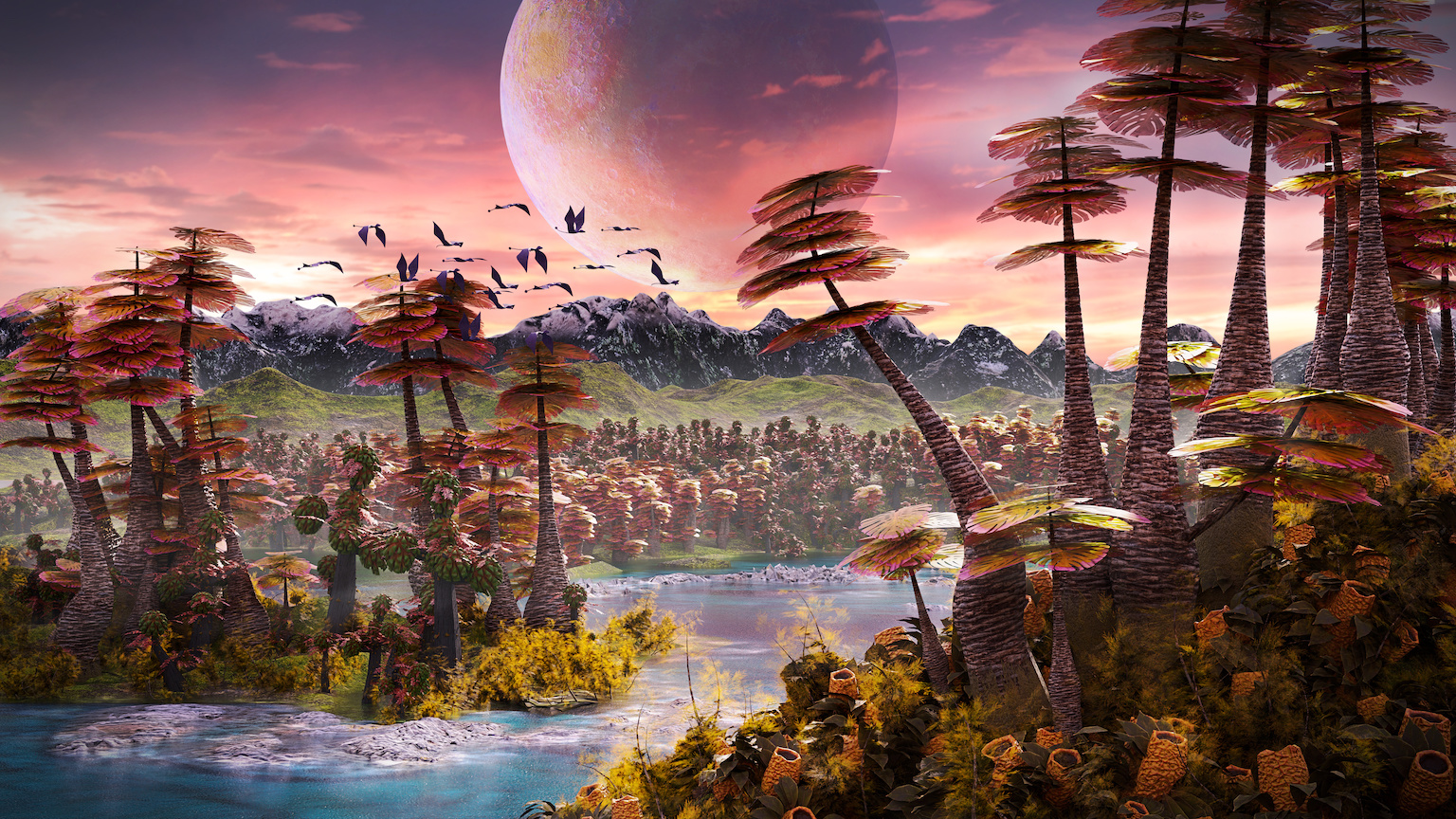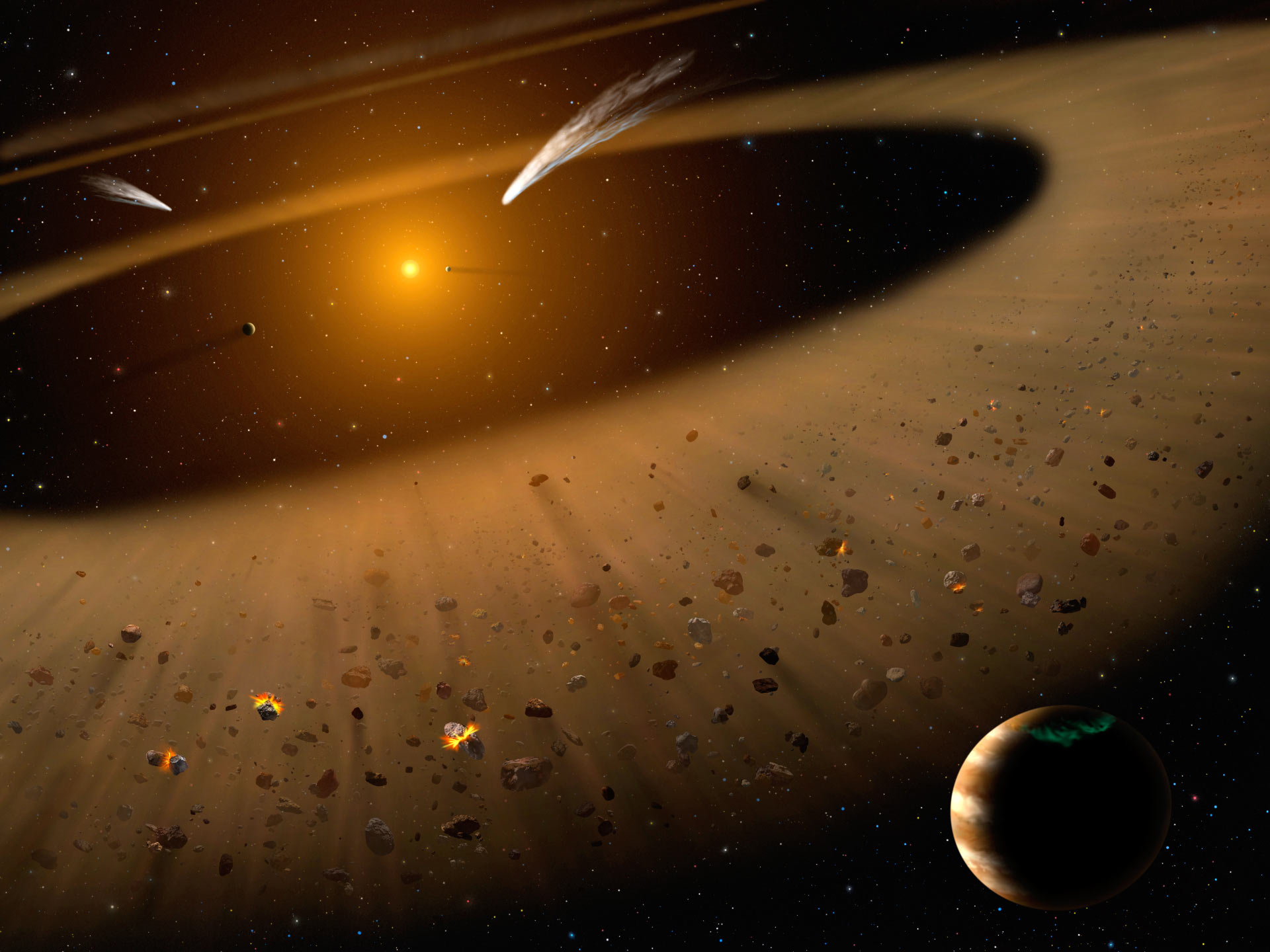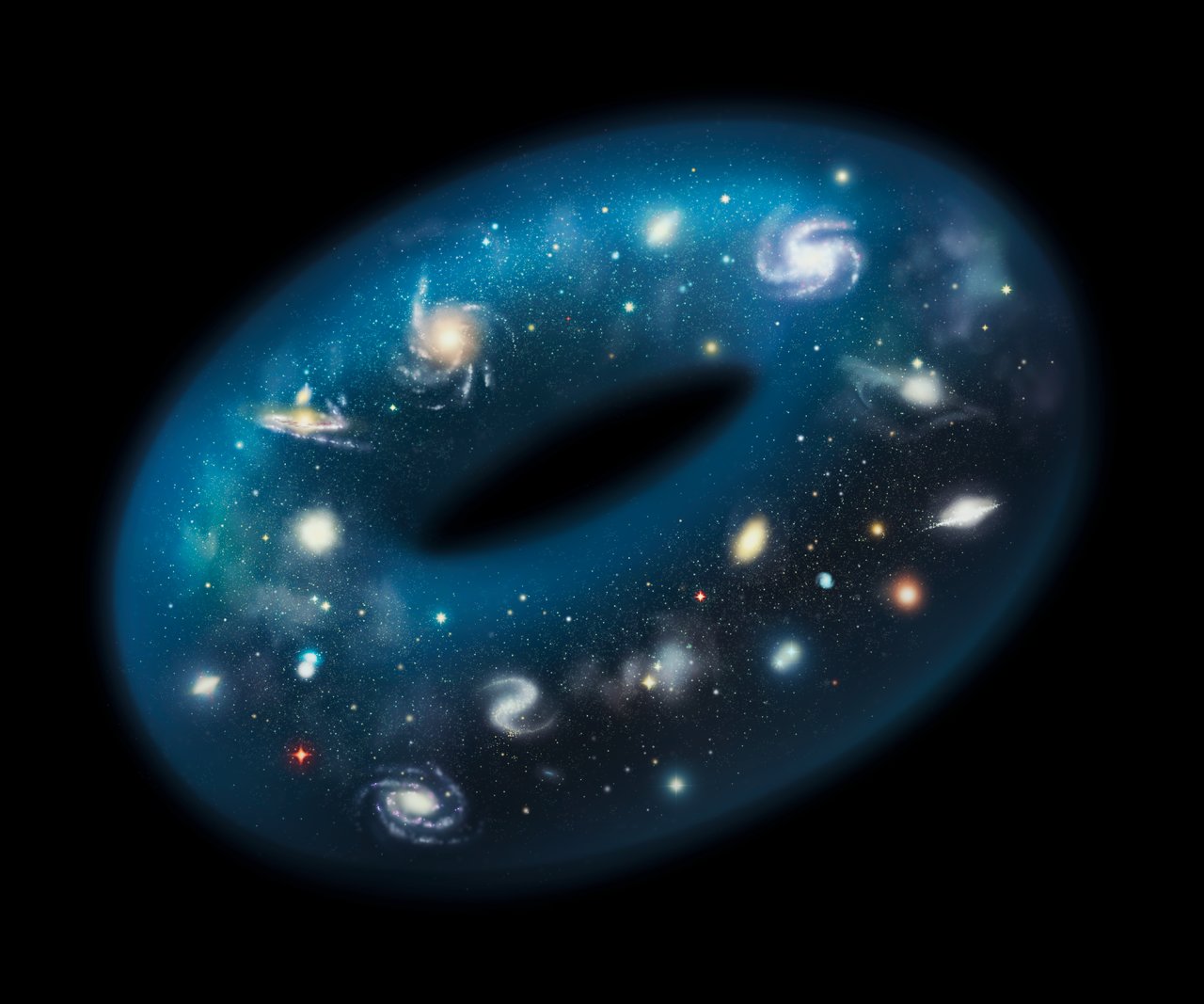With a finite 13.8 billion years having passed since the Big Bang, there’s an edge to what we can see: the cosmic horizon. What’s it like?
Search Results
You searched for: -%20-
If you’re trying to break a bad habit or start a good one, psychologists have some tips.
Newton thought that gravitation would happen instantly, propagating at infinite speeds. Einstein showed otherwise; gravity isn’t instant.
Up until 2002, we thought that the heaviest stable element was bismuth: #83 on the periodic table. That’s absolutely no longer the case.
Wearable technology can help increase lifespan by changing what we know about our dietary needs and creating new ways to exercise.
A new book envisions an encounter of minds between the Argentinian writer Jorge Luis Borges, the physicist Werner Heisenberg, and the philosopher Immanuel Kant.
Treatments for depression have significantly improved since the 1980s. So why isn’t the rate of depression decreasing?
In terms of sheer productivity, “-gate” has no peer. Wikipedia’s list of -gates has over 260 entries.
To gain its full value, L&D leaders must be open to challenging assumptions about how they approach on-the-job training.
If you want to understand what the Universe is, how it began, evolved, and will eventually end, astrophysics is the only way to go.
Technology will not save the world, and it is inherently neither good nor bad. But, when tech is coupled to human virtue, good will prevail.
NicoBoard is an app that helps parents make sense of a frightening time.
Bloodcurdling war cries, shrieking elephants, and whistling arrows all made soldiers flee in terror.
After decades of development, whether NASA’s Webb succeeds or fails all comes down to five critical milestones that are only days away.
Instead of fear, his delusions bring him cheer. His psychiatrist embraces them.
The highest-energy particles could be a sign of new, unexpected physics. But the simplest, most mundane explanation is particularly iron-ic.
There is no sure-fire formula for success, but you can be better prepared to create your own.
The first of many dodecahedrons was unearthed almost three centuries ago, and we still don’t know what they were for.
From politics to culture, we blame “tribalism” for humanity’s problems. This explanation is entirely wrong.
Historical geniuses used the “creative nap” to give their minds a boost. Apparently, the “hypnagogic state” can help with problem solving.
As the world warms, trees in forests such as those in Minnesota will no longer be adapted to their local climates. That’s where assisted migration comes in.
Antidepressants can help alleviate PTSD symptoms when paired with psychotherapy, but does our overenthusiasm for them blind us to more effective alternatives?
Smoke taint from wildfires is gross, even to wine amateurs.
Many countries just ship their plastic waste overseas.
The concept of burnout is nothing new. But there are ways to prevent burnout and promote greater engagement with work.
Multiple lines of evidence — physical, chemical, and biological — must converge for scientists to conclude that alien life has been found.
Psychological safety plays a key role in fostering innovation and collaborative group dynamics where all team members feel comfortable being themselves.
Massive objects like black holes, stars, and rogue planets routinely pass near our Solar System. An ensuing comet storm could destroy us.
In theory, the fabric of space could have been curved in any way imaginable. So why is the Universe flat when we measure it?
Choking under pressure seems to have deep evolutionary roots.
